Can Dogs Eat Ricotta Cheese? Understand the Risks and Benefits
We’ll explain in detail, with the help of seniors and scientific experience, whether can dogs eat ricotta cheese, a staple in most American homes. These healthy snacks are high in nutrients. In this article, we will explain everything about ricotta cheese dog food. Yes, dogs can eat ricotta cheeses in moderation.
Ricotta cheese good source of calcium given to dogs in moderate amounts because it is high in fat, and some enjoy eating it. Ricotta cheese, in particular, is an excellent option because of its sweet and creamy texture. If your dog can tolerate dairy products, you can give him ricotta cheese, and he will love it.
Can Dog Eat Ricotta Cheese? Complete Guide
Here we are going to discuss 6 important topics which you must need to know:
- What Is Ricotta Cheese?
- Can Dogs Eat Ricotta Cheese?
- Is Ricotta Cheese Good For Dogs?
- Health benefits of ricotta cheese for dogs
- Risks of Ricotta Cheese
- Things To Be Careful About While Feeding Your Dog Ricotta Cheese
What Is Ricotta Cheese?
We will explain in detail, with the help of elders and scientific experience, what ricotta cheese is. It is an Italian cheese that originated in Italy Ricotta cheese is a soft creamy and fresh cheese. The word ricotta cheese means curdled. Not that its cooked twice.
It is lower in fat and higher in ricotta. High-fat cheeses have a thicker mouthfeel. To make ricotta cheese, whey is heated, causing the solids to thicken to form curds, which are strained. Cheese is also used in various cuisines worldwide, and it’s used as an ingredient in desserts like cannoli and cheesecake.
Ricotta has the best flavour with a light creaminess. Ricotta cheese is mild and moist. It’s made from the milk of domesticated sheep, goats, and cows. It can be implemented in several ways.
Can Dogs Eat Ricotta Cheese?
Yes, dogs can eat ricotta cheese as an occasional treat. It is not harmful to dogs. Ricotta cheese should not be a staple in a dog’s diet. It also contains lactose and may aggravate lactose-intolerant dogs.
Cheese is a source of calcium, vitamin A, and protein-rich foods that dogs need.
If you decide to give your dog ricotta cheese as a treat, be sure to give it in small amounts and monitor them for signs of digestive upset or allergic reactions.
Is Ricotta Cheese Good For Dogs?
Ricotta cheese is not toxic to dogs, but it is not recommended to be a regular part of their diet. While dogs can consume small amounts of cheese as an occasional treat, too much cheese or dairy can cause digestive issues such as diarrhoea or constipation.
Ricotta cheese is also high in fat and calories, contributing to weight gain and other health problems if given in excess. Additionally, some dogs may be lactose intolerant, which means they have difficulty digesting dairy products and may experience digestive discomfort after consuming them.
If you want to give your dog a treat, it’s better to choose options that are specifically designed for dogs, such as dog treats or small pieces of fruits or vegetables that are safe for dogs to eat. Always consult with your veterinarian about what foods are safe and appropriate for your individual dog’s dietary needs.
Health benefits of ricotta cheese for dogs
While ricotta cheese can be given to dogs as an occasional treat, there are no significant health benefits for dogs specifically. Dogs require a balanced diet that includes a specific amount of protein, fats, carbohydrates, vitamins, and minerals to maintain good health.
While ricotta cheese contains some nutrients such as calcium, phosphorus, and vitamin A, these nutrients can be obtained from other sources more suitable for a dog’s diet. For example, calcium and phosphorus can be obtained from bones or meat, while vitamin A can be obtained from fruits and vegetables.
However, if you give your dog a small amount of ricotta cheese as a treat, it can be a good source of protein and calcium. But it should be given in moderation, as too much cheese can lead to digestive issues and weight gain. It’s always best to consult with your veterinarian about what treats are safe and appropriate for your individual dog’s dietary needs.
Risks of Ricotta Cheese
While ricotta cheese is not toxic to dogs, there are risks associated with feeding it to your dog. Some of the risks of feeding ricotta cheese to dogs include the following:
Digestive issues:
Ricotta cheese is high in fat and lactose, which can cause digestive issues such as diarrhoea, vomiting, and constipation. Some dogs may be more sensitive to dairy products than others, so it’s essential to introduce ricotta cheese in small amounts and monitor your dog’s reaction.
Weight gain:
Ricotta cheese is high in calories, so feeding it to your dog excessively can contribute to weight gain and other health problems such as obesity and diabetes.
Pancreatitis:
The high-fat content in ricotta cheese can also increase the risk of pancreatitis in dogs. In this condition, the pancreas becomes inflamed and can cause abdominal pain, vomiting, and loss of appetite.
Allergies:
Some dogs may be allergic to ricotta cheese or other dairy products, which can cause symptoms such as itching, skin rashes, and respiratory problems.
Dental issues: Feeding ricotta cheese or other high-calorie treats to your dog can also contribute to dental issues such as tartar buildup and tooth decay.
In general, it’s best to limit the amount of ricotta cheese or any other dairy products you feed your dog and choose healthier, dog-specific treats instead. If you have any concerns about your dog’s diet or health, it’s always best to consult your veterinarian.
Things are Careful About While Feeding Your Dogs Ricotta Cheese
Things To Be Careful About While Feeding Your Dog Ricotta Cheese
If you decide to feed your dog ricotta cheese, there are some things to be careful about to ensure your dog’s safety and health:
Introduce ricotta cheese gradually:
Dogs are not used to consuming dairy products, and introducing ricotta cheese suddenly can cause digestive problems. Therefore, start with a small amount of ricotta cheese and see how your dog reacts. If your dog tolerates it well, you can gradually increase it over time.
Watch for signs of lactose intolerance:
Many dogs are lactose intolerant, meaning they cannot digest lactose, a sugar in dairy products. If your dog is lactose intolerant, feeding it, ricotta cheese can cause digestive issues such as diarrhoea, vomiting, and flatulence. Watch for signs of lactose intolerance, and if you notice any, stop feeding ricotta cheese to your dog.
Avoid giving too much ricotta cheese:
Ricotta cheese is high in fat and calories, so it’s essential to limit the amount you feed your dog. Too much ricotta cheese can contribute to weight gain, obesity, and other health problems.
Choose low-fat ricotta cheese:
If you want to feed ricotta cheese to your dog, choose low-fat options to reduce the risk of digestive problems and weight gain.
Don’t rely on ricotta cheese as a primary food source: Ricotta cheese should be given as a treat rather than a replacement for a balanced diet. Dogs need a variety of nutrients to maintain good health, so make sure you’re feeding your dog a balanced diet that includes appropriate amounts of protein, fats, carbohydrates, vitamins, and minerals.
Consult with your veterinarian:
If you have any concerns about feeding ricotta cheese or any other food to your dog, it’s always best to consult with your veterinarian. Your veterinarian can advise you on what foods are safe and appropriate for your dog’s needs.
Conclusion | Can Dogs Eat Ricotta Cheese?
In conclusion, ricotta cheese can be given to dogs as an occasional treat, but it should be given in moderation and with caution. Ricotta cheese is not toxic to dogs, but it is high in fat and calories, which can contribute to digestive issues, weight gain, and other health problems.
It’s essential to introduce ricotta cheese gradually and watch for signs of lactose intolerance, which can cause digestive issues such as diarrhoea, vomiting, and flatulence. You should also choose low-fat options and avoid giving too much ricotta cheese.
Additionally, ricotta cheese should not be relied upon as a primary food source for dogs. It should be given as a treat alongside a balanced diet that includes appropriate amounts of protein, fats, carbohydrates, vitamins, and minerals.
If you have any concerns about feeding ricotta cheese or any other food to your dog, it’s always best to consult with your veterinarian. Your veterinarian can advise you on what foods are safe and appropriate for your dog’s needs.
FAQ’s
Cheeses to avoid giving your dog
Blue cheeses, like Roquefort, Gorgonzola, and Stilton.
Cheeses with herbs, garlic, raisins, or other flavours.
Goat cheese.
Brie.
Feta.
Ricotta cheese has low lactose levels and is unlikely to cause severe side effects in dogs with lactose intolerance.
Yes, technically, your dog can eat cheese, including cheddar, mozzarella, and cottage cheese. However, your dog should not consume any blue-veined cheeses, including Dutch blue, Stilton, Roquefort, Cabrales, or Gorgonzola, as they can be toxic for dogs. Because cheese is as fattening as it is tasty, moderation is key.
Therefore, it’s better to feed your dog low-fat cheeses, like mozzarella, cottage cheese, or soft goat cheese. Cottage cheese is lower in fat and sodium than other cheeses, helping reduce the risk of obesity. Cottage cheese is also lower in lactose, thus reducing the likelihood of intestinal upset.
It depends on the individual dog’s dietary needs and preferences.

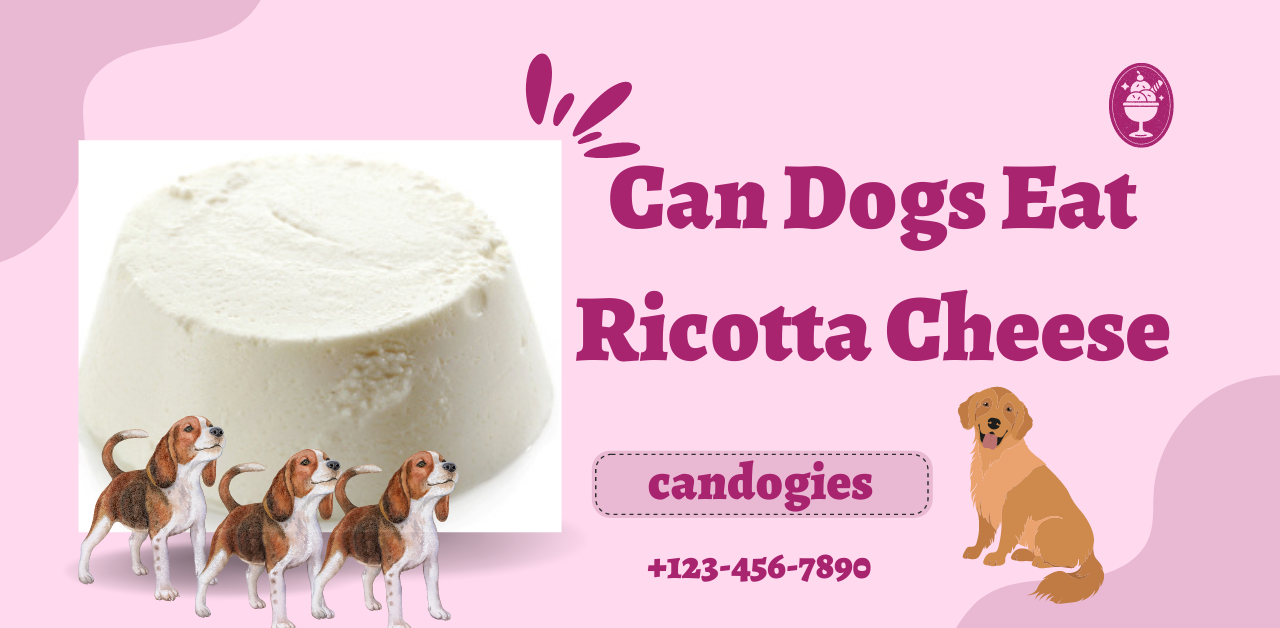
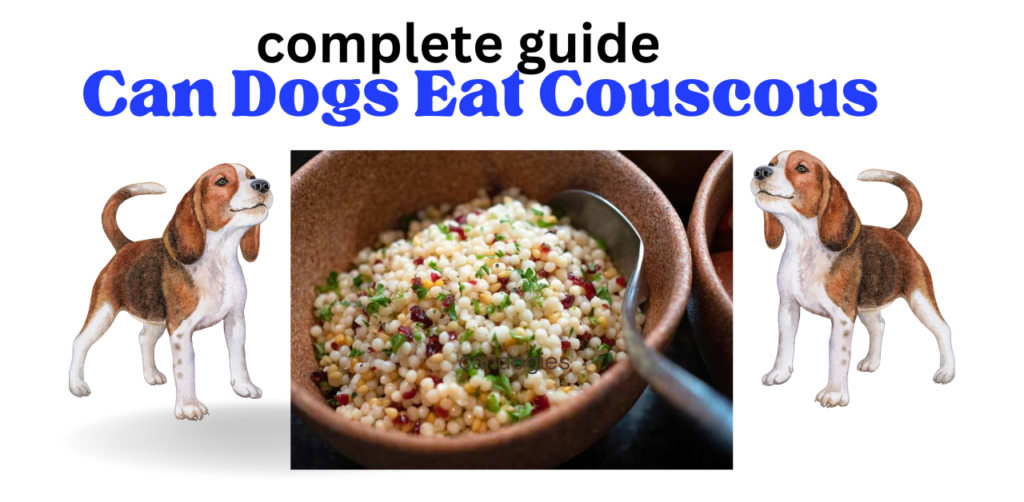
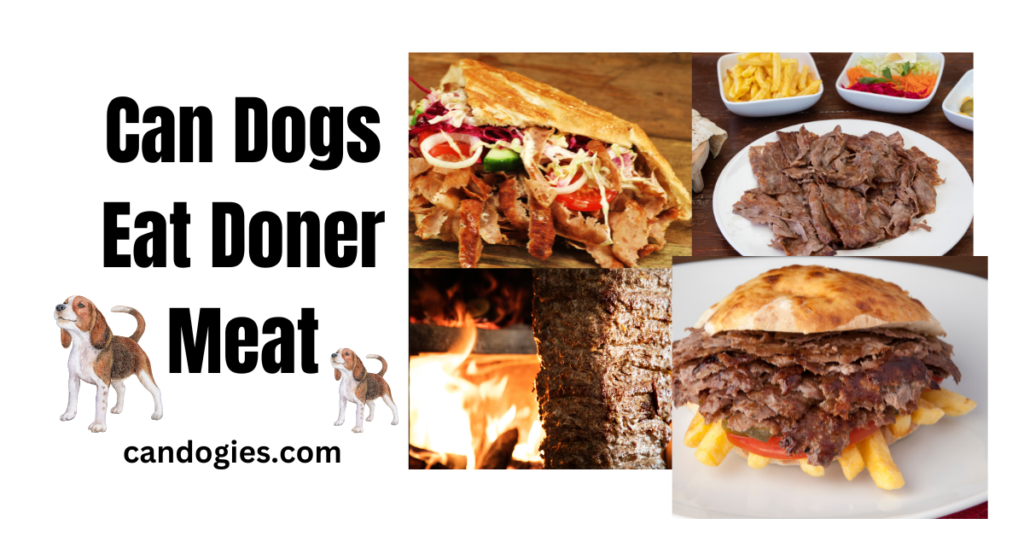
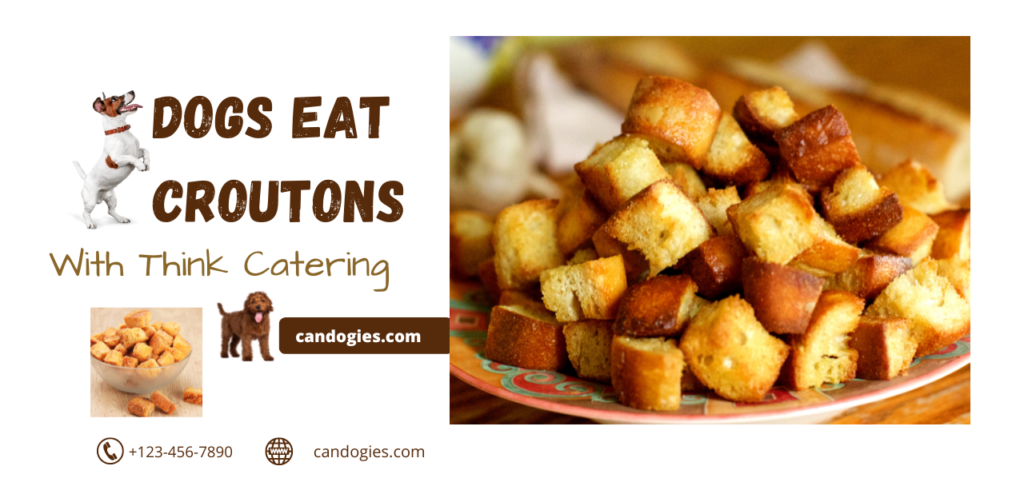


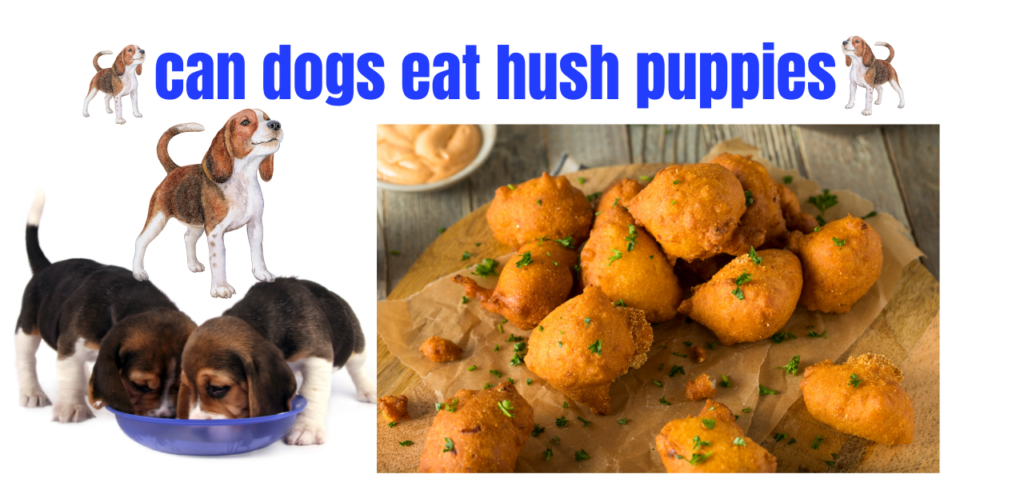
4 Comments